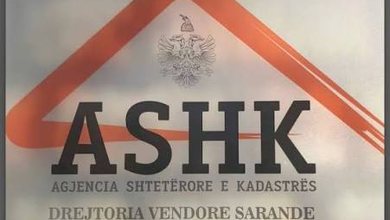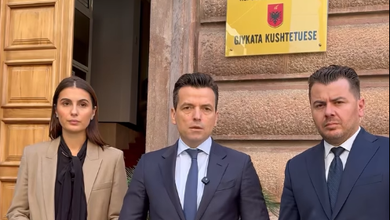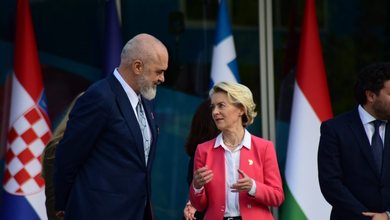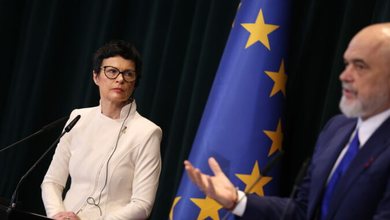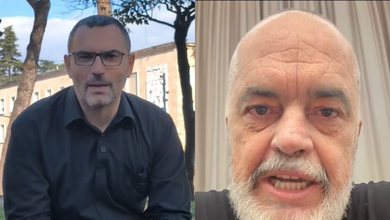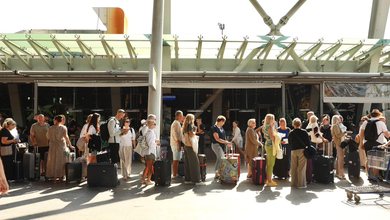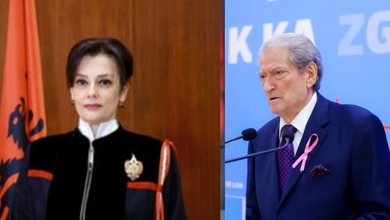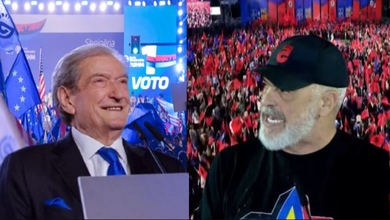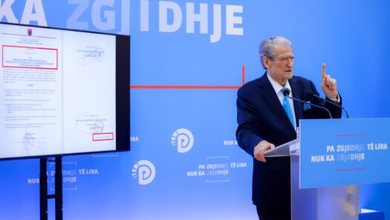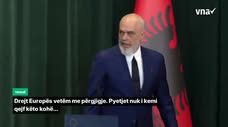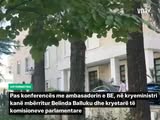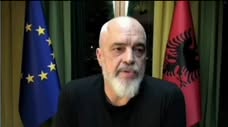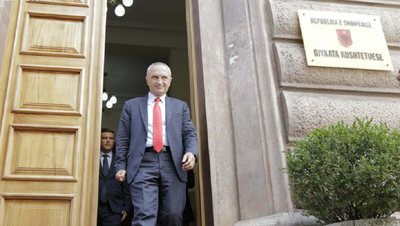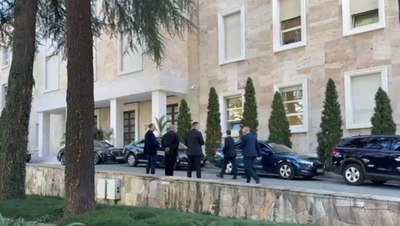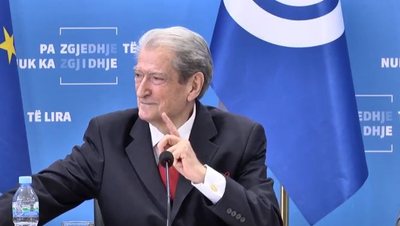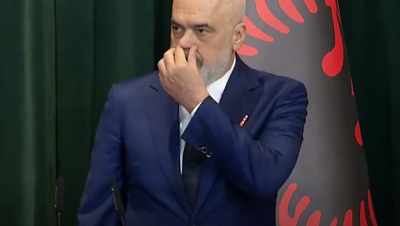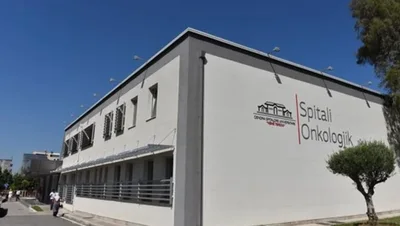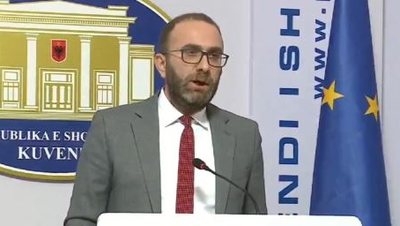
The citizens of Vlora will have the opportunity to choose, on Sunday, between three candidates for deputies, two independents and one from the Socialist Party. Among the independents, one is supported by the main opposition, while one is not.
Expectations are certainly low for challenger candidates in a municipality that has voted for the Socialists in an overwhelming majority since the civil unrest of 1997, which had particularly tragic consequences in the city of Vlora.
Historical data shows that participation in elections in Vlora has been among the lowest nationally, which seems to be related to the high rate of emigration more than to any kind of disloyalty or boycott of electoral processes.
The Municipality of Vlora counted 83 thousand residents in the 2023 Census out of 206 thousand citizens registered in the Civil Registry, which suggests that 60% of citizens live in emigration, not counting those who have already renounced Albanian citizenship and are therefore not part of the civil registry.
As a result of emigration, the number of votes cast in local government elections in Vlora has been declining, despite the fact that the voting population has been increasing. The voting population has increased in Albania due to the change in the age structure of the population, where the decline has affected the age groups of children and young people more strongly and the middle-aged or elderly citizens less.
Thus, in the 2007 elections, in the territory of today's Vlora municipality, which includes the former communes of Orikum, Qendër Vlora, Novoselë and Shushicë, there were 134 thousand citizens with the right to vote and approximately 48 thousand participants in the elections, while in the 2023 elections, citizens with the right to vote were 168 thousand while voters fell to 41 thousand.
The municipality of Vlora was won by the Socialists with 59% of the vote in 2007, when the Democrats, at that time in control of the central government, managed to elect their own mayor in Orikum, Novosela and Shushicë, while the municipality of Qendër Vlora was won by a candidate from the Union for Human Rights Party.
In the 2011 elections, the Socialists won Orikum, while a few months earlier the democratic government had sent the police to beat protesting residents who claimed ownership of the land where blocks of apartments are now built.
The Socialists won the elections in the city of Vlora again, but this time with 55% of the vote. An independent won the elections in Novosela, while Qendër Vlorë was won by the Democrats with the same candidate who had won in 2007 on behalf of the PBDNJ. Shushica was also won by the DP.
The victories of the DP in the constituent municipalities of the present-day municipality of Vlora in 2007 and 2011 do not carry much weight because the city of Vlora has the overwhelming majority of voters. Thus, the left-wing candidates received 50% of the votes in 2007 and 49% in 2011, compared to 38 and 41% for the Democrats. After the 2015 elections, the Socialists won Vlora with an overwhelming majority, both in the local elections and in the national elections.
The 2025 snap elections for the position of mayor of Vlora were triggered by the resignation of the previous mayor Ermal Dredha, who had won the 2023 elections, after his predecessor, Dritan Leli, was not re-nominated by the socialist leader Edi Rama.
Competing in Sunday's elections are Brunilda Mersini from the Socialist Party and Dionis Sota and Gjergji Nika, independents.
A total of 172,000 citizens are eligible to vote in Sunday's elections. /BIRN/


